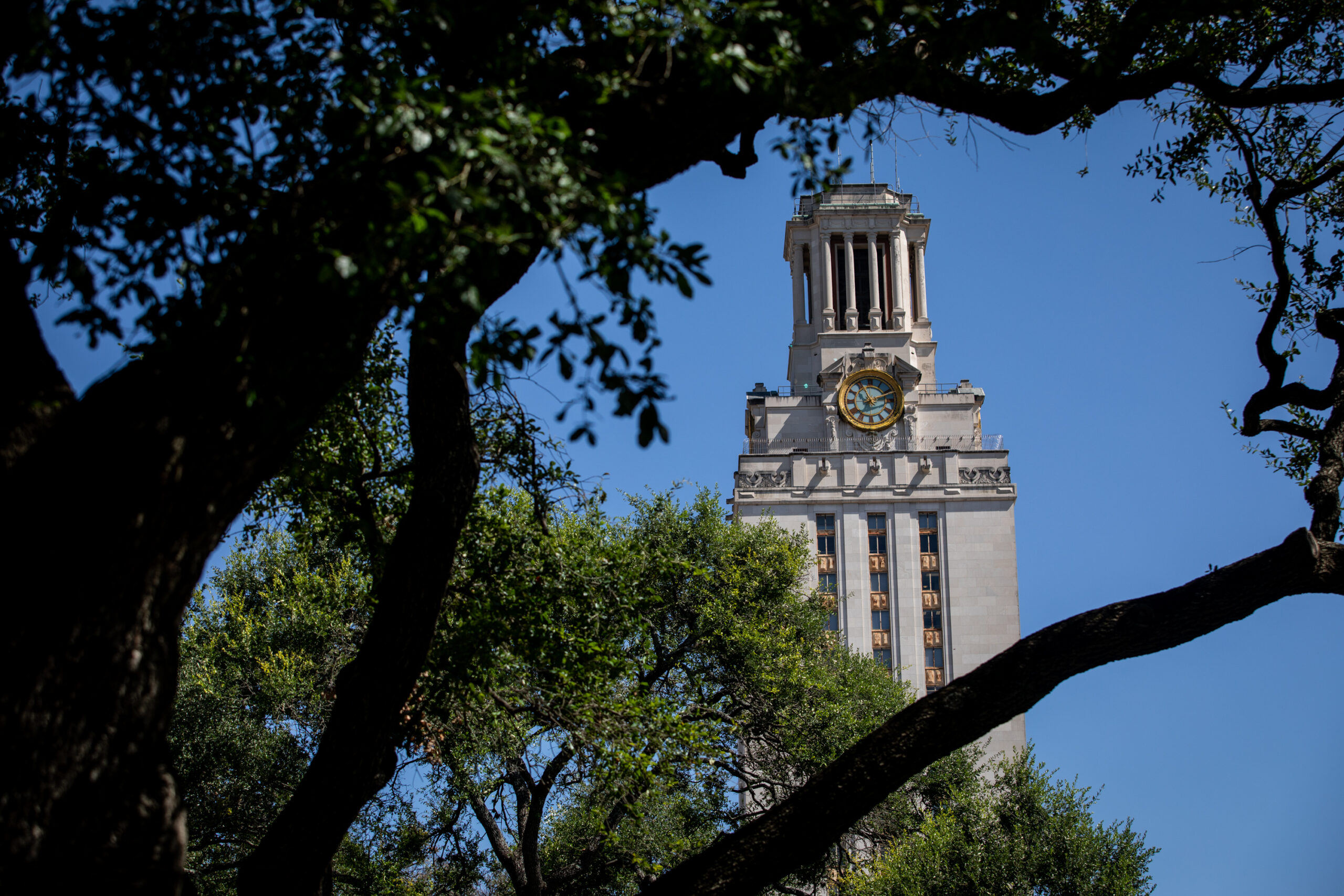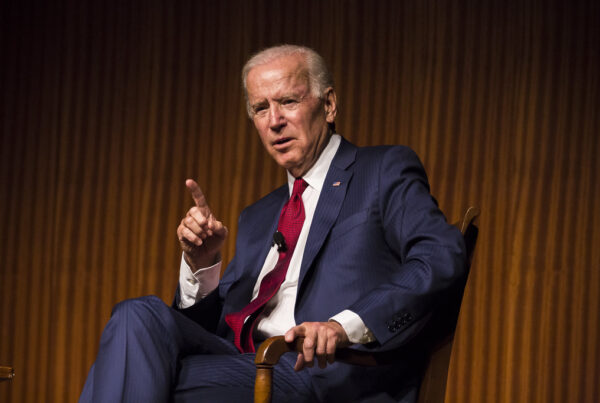The University of Texas System has suspended any new diversity, equity and inclusion (DEI) policies at its 13 university and health campuses, according to an announcement by the chairman of the Board of Regents.
The decision comes weeks after Gov. Greg Abbott’s office sent a letter to state agencies, including universities, saying that DEI considerations in hiring is illegal and violates state and federal anti-discrimination laws.
Megan Menchaca covers higher education at the Austin American-Statesman and joined Texas Standard to discuss this latest development. Listen to the story above or read the transcript below.
This transcript has been edited lightly for clarity:
Texas Standard: So folks understand what this means, each of the 13 campuses currently has some form of DEI office already, though the policies can differ drastically from campus to campus. Could you explain a bit about what these offices typically do?
Megan Menchaca: Yeah. So Texas colleges and universities across the system and across the state have DEI initiatives on their campuses, which are designed to make marginalized groups and students, such as people of color, LGBTQ people or disabled people feel more welcome on campus. The full nature of the DEI efforts at each school varies wildly across each campus, but they often include broadly working to recruit diverse applicants for faculty and staff positions or to attract historically disadvantaged undergraduate and graduate students.
When the UT System chairman made this announcement, he said that certain DEI efforts have, “strayed from their original intent to now imposing requirements and actions.” They didn’t specify what DEI efforts he was referring to, and they declined to comment further.
So each campus now, according to this new message from the chairman of the Board of Regents, has to do what exactly? Do they have to dismantle their DEI office? What is the directive?
No. The two main directives are to pause any new DEI policies on each of their campuses. So they can’t implement any new policies and they also have to prepare a report for the Board of Regents on the current DEI policies so the board can review those policies systemwide. The board has also said it may be implementing a systemwide policy to standardize the policies across the system.
Well, after the governor’s office sent out that message warning all sorts of agencies and universities that their DEI policies, at least in the governor’s opinion, violates the law, what happened? Was there a response from universities and did any universities take action at that point?
So the letter from the governor’s chief of staff told universities that using diversity, equity and inclusion in hiring decisions runs afoul of federal and state laws. And a lot of universities took that just as a reminder not to violate federal law or state law when doing hiring. But some universities, such as A&M and Texas Tech, asked some of their departments or institutions to stop requiring diversity, equity inclusion statements, or other DEI initiatives by department, in their hiring processes. But the governor didn’t ask them to fully dismantle their DEI offices or stop the policies entirely.
What exactly are the governor’s office – and for that matter, the chair of the Regents – concerned about specifically? Is that clear?
It’s not clear. The chairman did not specify what exact DEI policies or efforts that he believed kind of were straying from their original intent or crossing the line.
That phrase, “straying from original intent,” is something that I think has a lot of people asking a lot of questions. Do we know what’s next? Is there a timeline for review of these policies and what’s the next shoe to drop?
They all say they didn’t specify either what the timeline would be, but they did say that they would be waiting for the Legislature to pass any bills or laws related to the DEI. They said they would happily implement any laws the Legislature passes. Dan Patrick has proposed a ban on DEI policies in Texas higher education institutions and also a ban on critical race theory in the institutions. Those bills haven’t even been filed yet and still have a long way to go before they become law.













